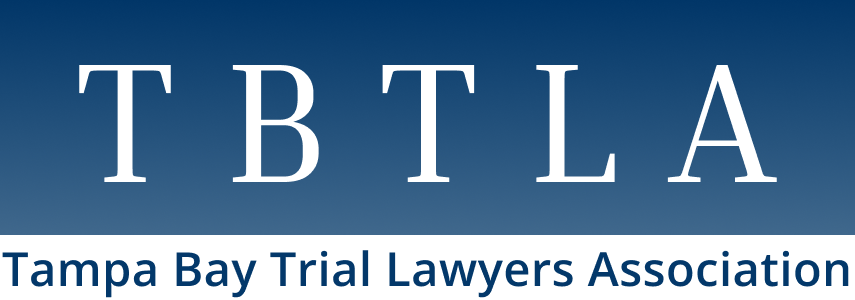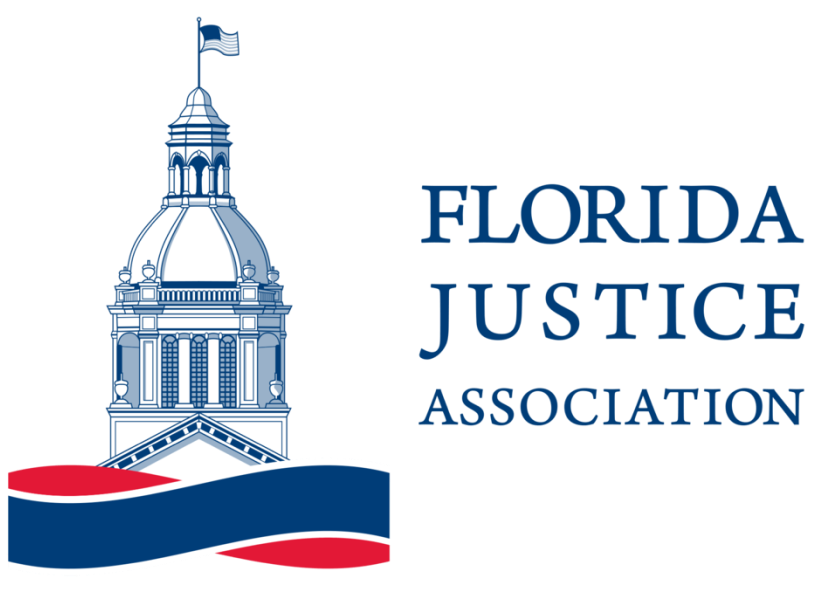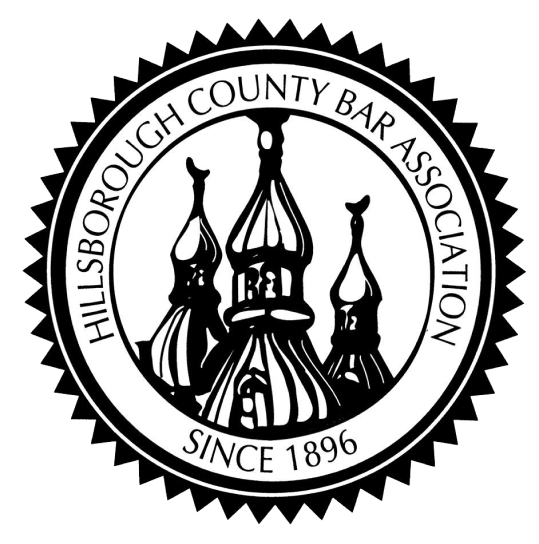April 2012: National Distracted Driving Month
Distracted driving is any activity that could divert a person’s attention away from the primary task of driving. All distractions endanger driver, passenger, and bystander safety. These types of distractions include:
- Texting
- Using a cell phone or smartphone
- Eating and drinking
- Talking to passengers
- Grooming
- Reading, including maps, Using a navigation system
- Watching a video
- Adjusting a radio, CD player, or MP3 player
But, because text messaging requires visual, manual, and cognitive attention from the driver, it is by far the most alarming distraction.
According to the National Highway Traffic Safety Administration, did you know?
- In 2009, 5474 people died in crashes that were reported to involve a distracted
driver and about 448,000 people were injured. - In the month of June 2011, more than 196 billion text messages were sent or
received in the US, up nearly 50% from June 2009 - Text messaging creates a crash risk 23 times worse than driving while not distracted
How can you help avoid distracted driving? As the driver, you must commit to focusing on the road. Do not allow yourself to be affected by any of the internal or external distractions. As a passenger, if you see the driver engaging in any unsafe or dangerous behavior, you must speak up. You have the obligation to tell the driver what he or she is doing is unsafe.
When will the Florida Legislature finally do what dozens of other states have done and pass a ban on texting while driving?
For the third year in a row state Sen. Nancy Detert, R-Venice, has introduced legislation to ban motorists’ use of cellphones and other electronic communication devices. Detert’s Senate Bill 416 was endorsed last week by the second committee to consider it. Its companion — House Bill 299 — has yet to be considered in committee.
Florida is one of only 15 states that doesn’t ban texting while driving. The National Transportation Safety Board estimates that 28 percent of all crashes in the U.S. are caused by drivers using cellphones or texting. Deaths linked to texting, emailing, messaging and telephoning represented 9.4 percent of the total 32,885 traffic fatalities nationwide in 2010.
In other words, deaths due to use of phones is a growing problem. If passed, SB 416 and HB 299 would prohibit drivers of any moving vehicle from texting, emailing or sending instant messages. It would make typing or retrieving electronic communications a “secondary offense,” meaning that the driver would be cited — but only if he or she had been pulled over for another offense.
It is not ideal, but it is a start that we believe will save lives and injury. Given the Legislature’s past refusal to impose limits on drivers distracted by their phones the “secondary offense” provision makes political sense. Doing something to improve safety is better than doing nothing.
(article found in Gainsville Sun, January 18, 2011)
Leave Your Reply
You must be logged in to post a comment.













